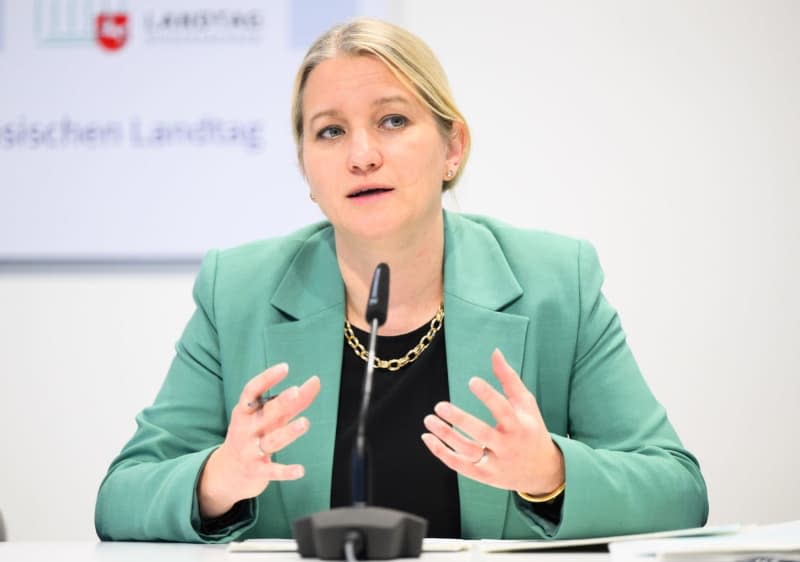Eyeing the rise of the far-right Alternative for Germany (AfD), German political leaders are moving to reinforce the independence of the country’s Federal Constitutional Court.
Kathrin Wahlmann, justice minister in the north-western state of Lower Saxony, on Wednesday said Germany’s states could become “an additional bulwark against authoritarian forces.”
Wahlmann presented a plan that would require approval from Germany’s upper house of parliament, the Bundesrat, on any measure reforming the Karlsruhe-based Constitutional Court.
The Bundesrat represents the interests of the 16 federal states.
Wahlmann said the move would “create a second strong line of defence in the fight against the enemies of our democracy,” she argued.
The latest proposal comes weeks after Germany’s main political parties agreed to enshrine protections for the court in Germany’s constitution, the Basic Law.
At present, reforms to the court are possible with a simple majority in the Bundestag, or lower house.
Under the plan by Germany’s mainstream parties, there would be 12-year term limits for judges and a retirement of age of 68 in the Basic Law.
Germany’s Basic Law can only be amended by a two-thirds majority in both chambers of parliament.
Wahlmann’s new proposal would bolster the government’s plans, she said.
She highlighted the recent case of neighbouring Poland, where the right-wing Law and Justice (PiS) party was able to push through highly controversial judicial reforms during its two terms in office, as proof for why strong constitutional protections are necessary.
Germany’s main political parties are increasingly wary about the AfD, which earlier this month became the first far-right party to win a state election in the country since World War II.









